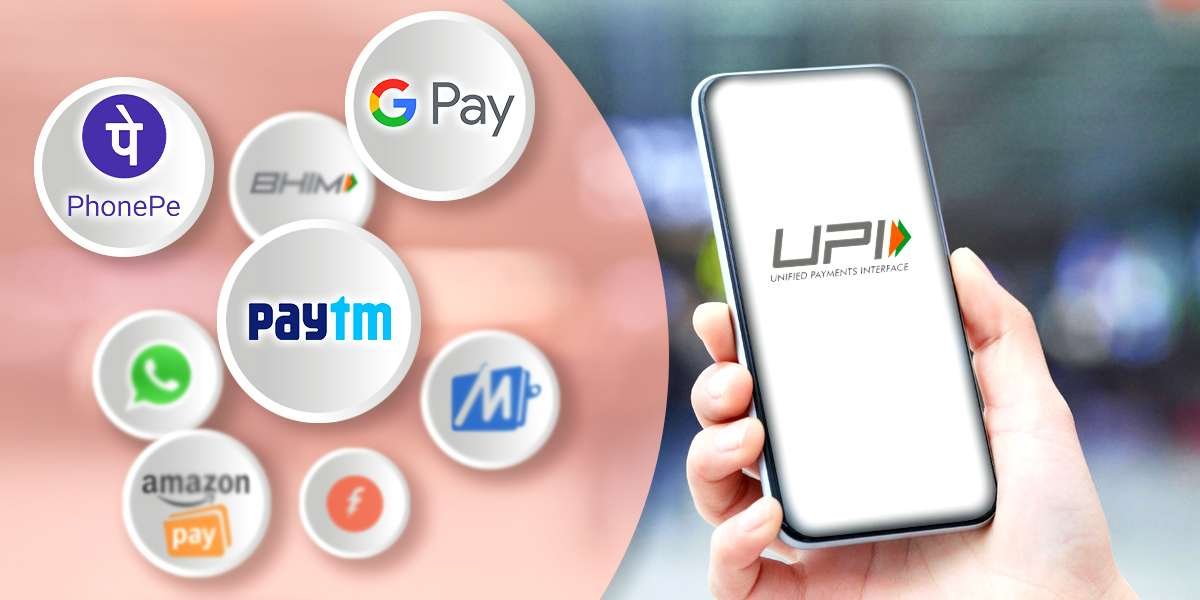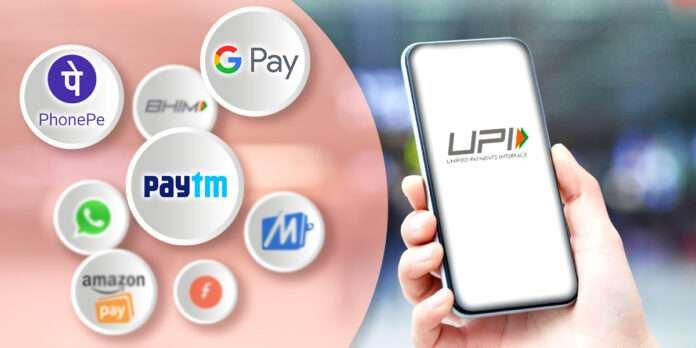The more sophisticated IMPS and NEFT payment methods are called UPI payments. Account holders are able to transfer a certain amount between bank accounts using UPI payments without incurring additional fees. Each person using the UPI payment application must create a UPI account and a UPI PIN, which serves as a password for transaction confirmation. You can send money using UPI by either entering the recipient’s contact number or choosing their phone number from your phone book.

What are the key benefits of using UPI payments?
- UPI payments process quickly; usually, a payment can be made in a matter of seconds.
- Nearly all banks permit UPI transactions via mobile apps.
- Payments are entirely secure. The user must always input the secret MPIN and have the SIM card associated with his mobile number on his phone in order to finish a payment.
- With UPI payment facilities, people can request money from other people, something that is not possible with other payment methods like NEFT or IMPS.
- You can pay anytime, anywhere.
- It is totally free!
What are some issues you might want to register a complaint about?
Transaction-oriented problems
Clients can contact NPCI if they run into problems when transferring money to merchants or another person. Problems include indirect transfers to different accounts, failed transactions that result in money being debited, exceeding thresholds, declined or pending transactions, and timed-out transactions.
When submitting a complaint, customers will need to provide their transaction ID, bank information, transaction value, date, email address, and mobile number.
PIN-related problems
Consumers can file complaints with NPCI using their bank information, virtual payment address (VPA), email address, and mobile number if they are unable to set up a UPI PIN, experience PIN errors, or have their PIN blocked.
Other problems
Customers who are unable to retrieve or link accounts, delete or de-register UPIs, or seek redress can file complaints with NPCI. Clients may contact NPCI even if they are having trouble logging in or registering. In addition, if they are unable to process a UPI transaction after not receiving an OTP, they may also file complaints.
UPI Transaction Security Advice:
- Steer clear of scammers’ calls and emails. Never converse with someone you don’t know.
- Passwords and UPI PINs for net banking should be kept private.
- Alter your email, mobile, and banking app/net banking passwords on a regular basis.
- If you notice any suspicious UPI transactions, disable UPI.
- Give no bank account information over the phone.
- Avoid using public Wi-Fi and computers for online banking.
- Links included in emails or texts should not be clicked.
- Report missing cards right away.
Conclusion: Although UPI payments have made life easier and are typically secure with no problems on either end, one should remember that mistakes will inevitably occur. When it occurs, the user should get in touch with the UPI app’s customer support or visit the NPCI website for additional assistance. Additionally, this needs to be coordinated with the bank.












